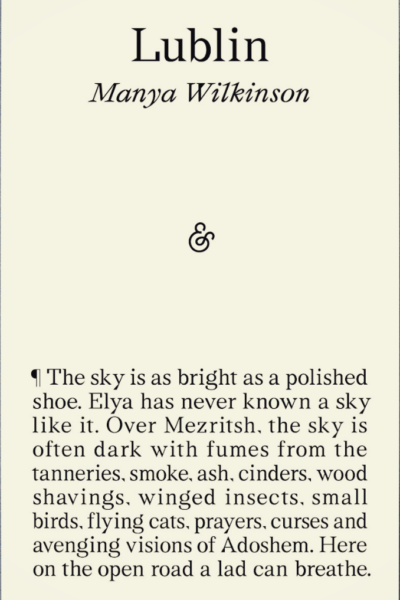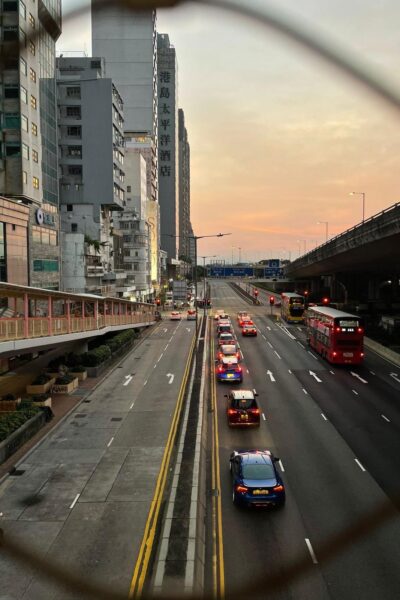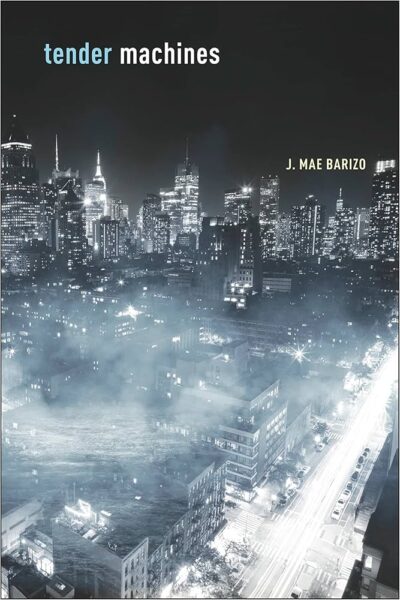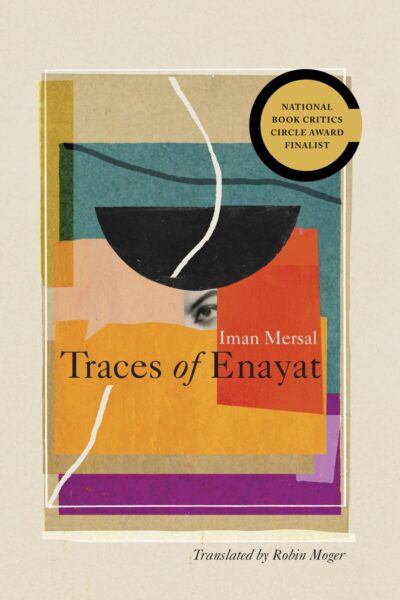The Appearance of Urban Memory in Ukrainian Poetics
This essay was originally published in the Full Stop Quarterly “Literary Dis(-)appearances in (Post)colonial Cities,” edited by Michelle Chan Schmidt. Subscribe at our Patreon page to get access to this and future issues, also available for purchase here. Ukrainian poetics function as a mode of defense against disappearance and a mode of remembrance in the city. I will address the […]
What makes a place utopic? Or rather what is it that makes a place received in people’s imaginations as utopic?
In Search of Impossible Places?: Lublin by Manya Wilkinson
Lublin is not only a road trip on foot in central Europe, nor a coming-of-age novel . . . It is the translation into fiction of the economic migrant’s existential condition, caught and lost in the endless borderland that extends between their deprived place of origin and the metropole’s illusion of socio-economic elevation and fulfillment.
Navigating Capital Cities in Chinatown and Lungo Cammino as the Undesired
Love at Last Sight: Writing Hong Kong in Taiwan
Hong Kong is often represented as a port city—a colonial emporium, a gateway to China, a non-space of transit, a stop in multigenerational migrations, a floating city amnesiac about its past and uncertain about its future.
Inorganic City: A Living Autopsy of Tirana
To a certain extent, living in a “cool” city was the promised land that allowed people to swallow the bitter pill of the 1990s neoliberal shock doctrine.
Squinting at the Gold Teeth of the Sun: A Conversation with J. Mae Barizo on Tender Machines
A city, and also a language, is not just a product of the literal body, but of the emotional and conceptual possibilities of consciousness itself.
Towards a Postcolonial Politics of Relatability: Translating People from Oetimu by Felix Nesi
Fiction that imagines the world from its so-called “peripheries” may in fact upend the way we perceive the concept of the “center” itself, reorienting the weight of worldliness towards the edge, the margin, the contact zone.
City Addresses: Iman Mersal’s Rihla through a Dis(-)appearing Cairo
As [Mersal’s] recursive and often discontinuous writing attests, the drive toward progress tends to entail an imperfect erasure, whose traces might resurface—as if through a palimpsest—if only one cared to look.
Dis(-)appearing Cities or: How I Learned to Stop Walking and Love the Empire
Read the introduction to our latest issue of the Full Stop Quarterly, “Literary Dis(-)appearances in (Post)colonial Cities.”











